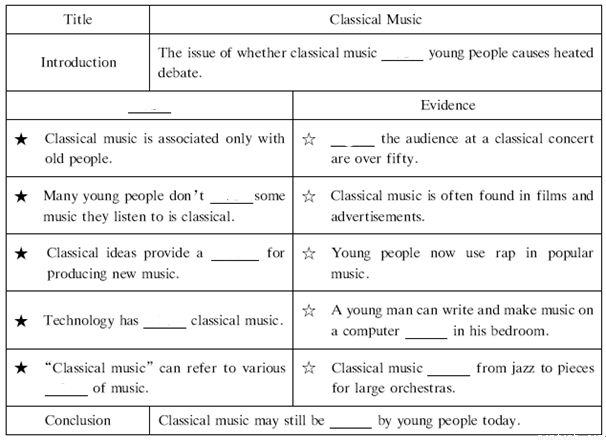题目内容
Migrants to the UK are to be quizzed about their English skills before being able to claim income-related benefits, the government has announced.
In a move to "protect the integrity(完整性)of the benefits system", people will also be asked what efforts they have made to find work before coming to Britain. Work and Pensions Secretary Duncan Smith said people should not be able to "take advantage" of British benefits. Job centres in England, Scotland and Wales will use the "more mighty" test. The Department for Work and Pensions (DWP) said the test would ensure "only migrants who have a legal right to be in Britain and plan to contribute to this country can make a claim for benefits".
"For the first time, migrants will be quizzed about what efforts they have made to find work before coming to the UK and whether their English language skills will be a barrier to them finding employment," the DWP said in a statement.
Income-related benefits include council tax benefit, housing benefit, income-based jobseeker's allowance and pension credit.
Mr. Duncan Smith said British people were "rightly concerned" that migrants should contribute to the economy and should not be "drawn here by the attractiveness of our benefits system".
"It is vitally important that we have strict rules in place to protect the integrity of our benefits system," he said. He said the new test would help create a fair system which provided for "genuine" workers and jobseekers but "does not allow people to come to our country and take advantage".
To claim the benefits, migrants will have to pass a "habitual residence test" including more than 100 extra questions compared to now. This will be overseen by an "intelligent IT system" which will ensure questions are "tailored to each individual claimant".
Migrants will be allowed to claim benefits if they can prove they are legally allowed to be in Britain and are "habitually resident" of the country. As part of this they might be questioned about what measures they have taken to "establish" themselves in Britain and what ties they still have abroad.
"They will also have to provide more evidence that they are doing everything they can to find a job," the DWP said.
1.What does the British government use the test for?
A. promoting the English skills of migrants.
B. making efforts to help migrants find work.
C. protecting the rights of migrants.
D. ensuring the British benefit claimed legally by migrants .
2.What do we know about the test?
A. All British residents must be quizzed about their English skills.
B. The test will ask migrants whether they are willing to work in Britain.
C. The test is an act to protect British benefits system.
D. The test will help the government dismiss jobseekers.
3.What does the underlined word “claimant “(in para.7) probably mean in the text?
A. a person who applies B. a person who is badly off
C. a person who migrates D. a person who is quizzed
4.What does the passage mainly want to inform us?
A. All migrants can claim benefits from the UK.
B. Income-related benefits can be a great help to migrants.
C. All migrants come to the UK only to claim benefits.
D. Migrants are to pass a test to get the benefits from the UK.
1.D
2.C
3.A
4.D
【解析】
试题分析:英国移民需接受英语技能测试才能享受福利,此举被认为是为了保护福利系统的合理性。
1. Department for Work and Pensions (DWP) said the test would ensure "only migrants who have a legal right to be in Britain and plan to contribute to this country can make a claim for benefits"句意就业与退休金部门声称,这个测试只会让那些有合法权利居住在英国并能够给应该带来贡献的移民得到补助。得知ensuring the British benefit claimed legally by migrants确保合法移民的英国福利 为最佳答案。故选D
2. a move to "protect the integrity(完整性)of the benefits system"得知此举是为了“保护福利系统的完整性。The test is an act to protect British benefits system.测试是为了保护英国福利系统的一个举措 为最佳答案。故选C
3. will be overseen by an "intelligent IT system" which will ensure questions are "tailored to each individual claimant"得知这将会由能根据每位申请者不同而提出相应问题的智能信息技术系统监督实行。Claimant译为申请人,a person who applie最符合。故选A
4. part of this they might be questioned about what measures they have taken to "establis h" themselves in Britain and what ties they still have abroad.得知移民者若能证明自己在英国是合法的常住居民就能得到救济金。这也是文章说明的主要目的。故选D
考点:考查社科类说明文阅读。

 全能练考卷系列答案
全能练考卷系列答案